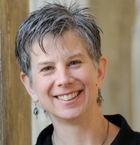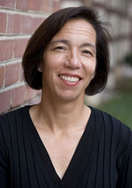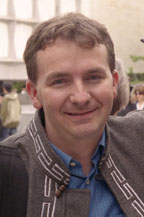Poverty Law, Policy, and Practice: Policy and Practice, Second Edition
Poverty Law, Policy, and Practice: Policy and Practice, Second Edition
Buy a new version of this textbook and receive access to the Connected eBook on Casebook Connect, including lifetime access to the online ebook with highlight, annotation, and search capabilities. Access also includes an outline tool and other helpful resources. Connected eBooks provide what you need most to be successful in your law school classes.
Poverty Law, Policy, and Practiceis organized around an overview and history of federal policies, significant poverty law cases, and major government antipoverty programs—welfare, housing, health, legal aid, etc.--which map onto important theoretical, doctrinal, policy, and practice questions. The book includes academic debates about the nature and causes of poverty as well as various texts that help illuminate the struggles faced by poor people. Throughout, it contains reading selections highlighting different perspectives on whether poverty is primarily caused by individual actions, structural constraints, or a mix of both. Readers will come away from the book with both a sense of the legal and policy challenges that confront antipoverty efforts, and with an understanding of the trade-offs inherent in different government approaches to dealing with poverty.
New to the Second Edition:
- Updated coverage of the Affordable Care Act (Obamacare)
- Updated coverage of criminalization of poverty and efforts to decriminalize poverty
- Additional content for every chapter, with an emphasis on new cases, data, and sources
Professors and students will benefit from:
- Three beginning chapters of general background on poverty numbers (data), social welfare (policy) and constitutional law (doctrine), followed by substantive chapters that can be selected based on professor interest, which makes the book easy to use even for 2-credit classes
- Emerging topics at the intersection of criminal law and poverty, markets and poverty, and human rights and poverty, in addition to traditional poverty law topics
- An author team with a combined experience of more than 100 years of teaching and practicing poverty law
- Highlights throughout the text to the racial and gendered history and nature of poverty in America
- An emphasis on presenting the most important topics accessibly, with careful editing and selection of excerpts to make the most of student and professor time
- A mix in every chapter of theory, program details, advocacy strategies, and the experiences of poor people
Product Information
Poverty Law, Policy, and Practice: Policy and Practice, Second Edition
Connected eBook + Hardcover
Poverty Law, Policy, and Practice: Policy and Practice, Second Edition
LLPOD
Poverty Law, Policy, and Practice: Policy and Practice, Second Edition
Connected eBook (Digital Only)



